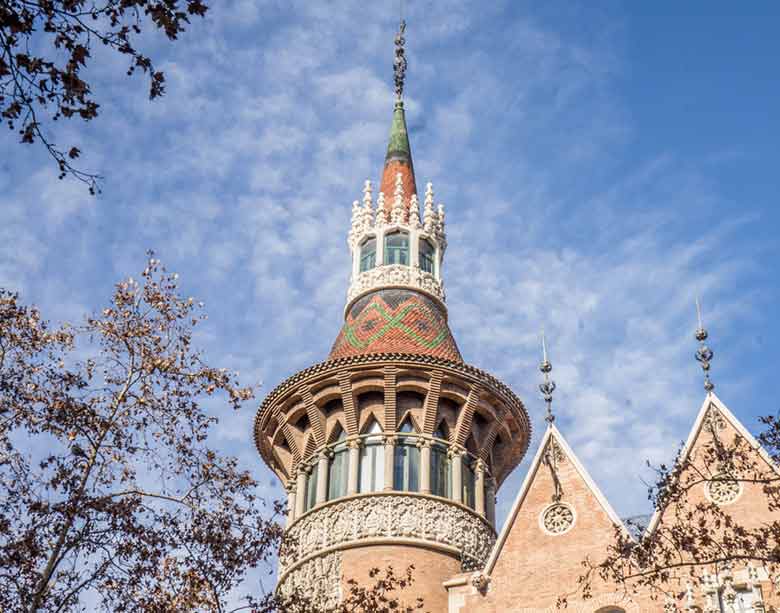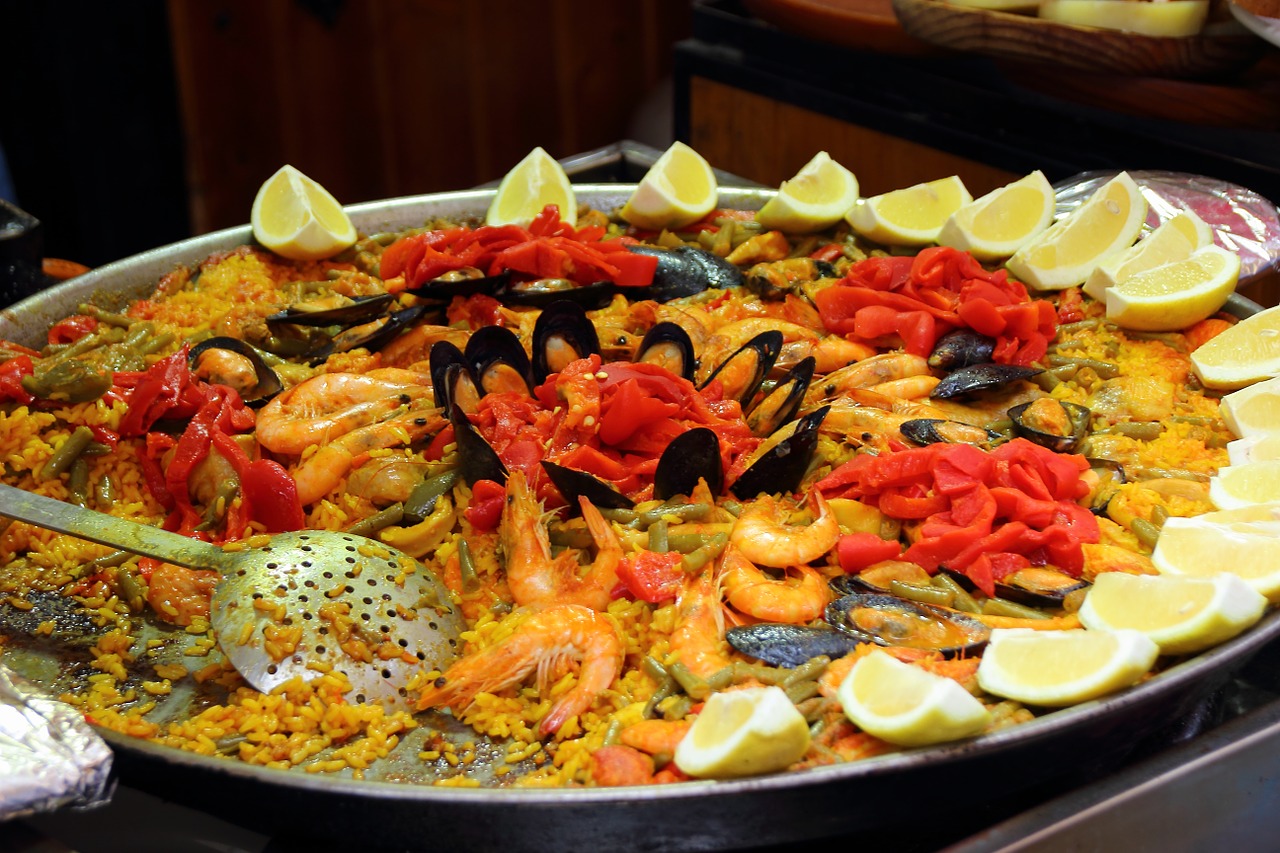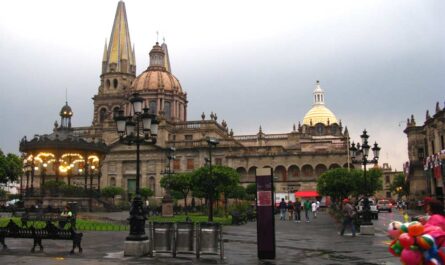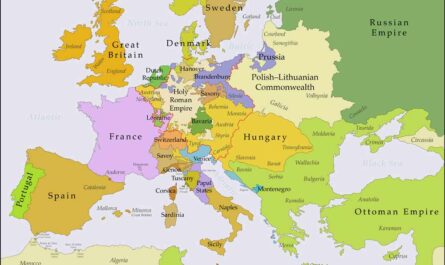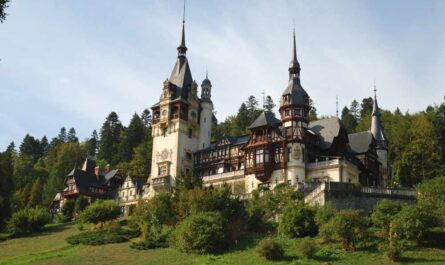George Orwell once said, “I would sooner be a foreigner in Spain than in most countries. How easy it is to make friends in Spain.” There are a lot of interesting facts about Spain. A promising European country, Spain has a history of past glory and achievement, that led them to make a thriving present. Spain’s geography is characterized by its varied terrain, including plains, mountains, and coastal areas. The climate ranges from Mediterranean in the south to oceanic in the north, providing different experiences for visitors. In this article, I am going to talk about interesting facts about Spain.
Interesting Facts about Spain: Past, Present, Future
The majority of the population in Spain identifies as Spanish, but the country is also home to various regional identities, such as Catalans, Basques, and Galicians. This diversity is reflected in the languages spoken, with Spanish being the official language, but regional languages like Catalan, Basque, and Galician are also prevalent. Here are some interesting facts about Spain:
14. Historic Churches
Some of the popular landmarks and interesting facts about Spain you can see while in Spain include major and historic churches such as La Sagrada Familia.
- Alhambra and Generalife Gardens, Granada
- Plaza Mayor, Madrid
- La Rambla, Barcelona
- Toledo’s Old City
- The White Towns of Andalucía (Los Pueblos Blancos)
- Costa del Sol Beaches
- Palacio Real, Madrid
- Seville Cathedral and Alcazar
- Santiago de Compostela Cathedral
- Sagrada Familia and Gaudi Sites, Barcelona
- El Teide, Tenerife (Canary Islands)
- The Prado and Paseo del Artes, Madrid
- Ciudad de las Artes y las Ciencias, Valencia
- The Great Mosque of Cordoba
- Guggenheim Museum, Bilbao
36. Best beaches in Spain
Whether you want to dive into the water, spend some time on a boat, or try some adventure sports, you need to find the best beaches in Spain. Those beaches include San Sebastian, Ibiza, Benidorm, and Mallorca.
- Maspalomas, Gran Canaria
- Corralejo, Fuerteventura (Canary Islands)
- Cofete, Fuerteventura (Canary Islands)
- Isuntza Beach, Lekeitio
- Playa de Bolonia, Tarifa
- La Concha Bay, San Sebastian
- Tossa De Mar, Catalonia
- Praia da Rodas, Galicia
- Cala D’en Serra, Ibiza
- Burriana Beach, Nerja
- Es Calo des Moro Beach, Southern Mallorca
37. Spain Facts At A Glance
- Total Population: 46,5 million
- Government: Unitary parliamentary constitutional monarchy
- Prime Minister: Pedro Sanchez
- Highest Mountain: Mount Teide – 3 718 meters above the sea
- Land area: 505,990 km2 (195,360 square miles)
- Capital: Madrid
- Life expectancy: 83.2 years.
- Largest Lake: Lago de Sanabria
- National Day: 12th October
- Member of NATO: Yes
- Member of EU: Yes
- National song: Marcha Real
- Time zone: CET +1, CEST +2
- Monarch: King Felipe VI
- Currency: Euro
- Country Code: ES
- Official language: Spanish
- Co-official languages: Catalan, Galician, Basque, Occitan
- Religion: 68% Roman Catholic
- Country Number/Prefix: +34
Other Interesting Articles
- 30 Interesting Facts about Abu Dhabi Tourism
- 20 Interesting Switzerland Facts One Should Know
- 26 Interesting Great Pyramid of Giza Facts
- 12 Persian Empire Facts and Achievements
- El Salvador History – How the Country Moves On
- History of Latin America – Twists and Thrills
- Spanish Colonization of the Americas
- The United States in Order of Statehood
- Dumb Laws in the US You Should Know Before Travel
- British National Museum Tourists Guide with Time Table
- British History Museum Collection Tourist Guide
- 81 Interesting Facts about Singapore
- British War Museum Stands with a Glorious Past
- 130 Facts of El Salvador Everyone Should Know
- 52 Interesting Fun Facts about New Mexico, USA
- 200 Interesting Facts About Thailand
- Jollof Rice Recipe for Nigerian – Taste, and Preparation
